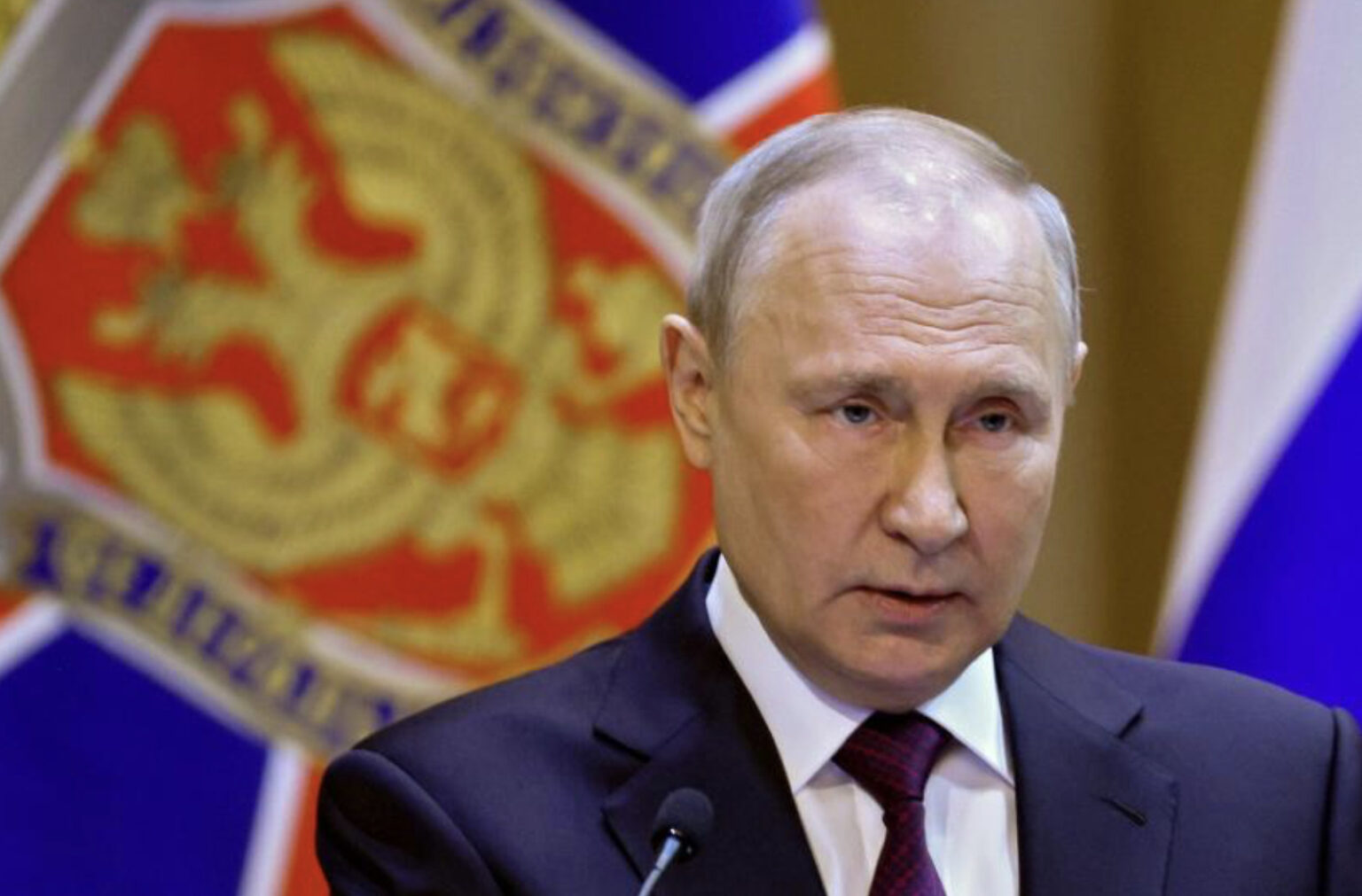Background:
On Saturday, a standoff between the military command in Moscow and Yevgeny Prigozhin, the leader of the private mercenary outfit Wagner, turned into an open revolt. Prigozhin accused Russia’s military leadership of killing a significant number of his mercenaries in a strike on a camp and vowed to retaliate. Newspapers from all over the world scrambled to cover the rapidly developing events and analyse their implications for Vladimir Putin’s presidency and the ongoing war in Ukraine as they happened.
Wagner Group Retreats from Rostov-on-Don:
According to reports, members of the Wagner group of fighters have departed Rostov-on-Don in southern Russia and are heading back to their field training. Witnesses saw fighters being transported out of the city in tanks, cargo trucks, and numerous minivans. On Saturday morning, Wagner had taken control of the military command centre in Rostov, which is in charge of directing Russia’s invasion of Ukraine.
US Agencies Predicted Wagner Mutiny:
The Washington Post and the New York Times claim that US intelligence services had expected a rebellion against the Kremlin spearheaded by Yevgeny Prigozhin. One day before the rioting, intelligence officers briefed lawmakers and officials at the White House, Pentagon, and Capitol Hill. The New York Times said that the information became reliable and concerning by the middle of the week, while the Washington Post observed that espionage services began looking into indications of Prigozhin’s plans in mid-June.
German Foreign Minister Alters South Africa Visit:
The Wagner mercenary group’s confrontation with the Kremlin has caused German Foreign Minister Annalena Baerbock to cut short her trip to South Africa. Baerbock will now attend a gathering of EU foreign ministers in Luxembourg on Monday instead of departing for Cape Town as originally planned on Sunday. She does, however, still want to travel to Pretoria for talks on Tuesday.
Prigozhin’s Actions Humiliate Putin, Says Ukraine:
Yevgeny Prigozhin, according to Mykhailo Podolyak, “humiliated” Vladimir Putin, an allegation made by Volodymyr Zelenskyy’s counsel in Ukraine. Podolyak said in a tweet that Prigozhin almost completely undermined Putin’s authority, took over the central authorities, and even made it to Moscow before abruptly returning. Wagner’s go-between with the Kremlin, Alexander Lukashenko of Belarus, was also criticised by him, who called him a “very specific intermediary with a dubious reputation.” The state’s monopoly on violence had been exposed, according to Podolyak, who concluded that Prigozhin had embarrassed Putin and the government.
Prigozhin Agrees to Move to Belarus:
Yevgeny Prigozhin, the Wagner commander, has decided to go to Belarus’ neighbouring Belarus after ordering his soldiers to stop their march on Moscow. In response, the Kremlin declared that Prigozhin’s charges would be withdrawn and that the soldiers who joined his revolt would not be prosecuted.
Global Media Coverage:
International newspapers extensively covered the rapidly evolving events in Russia, assessing their implications for Putin’s leadership. Headlines focused on Putin’s humiliation, the rebel chief halting the tank advance, and an uprising against Putin. The mutiny’s impact on Putin’s power, potential risks for the US and Ukraine, and the grave threat to his presidency were analyzed. The Ukraine war’s backfiring on Putin and the cautious approach of the West were highlighted. Various publications explored Putin’s brinkmanship, the speculation of civil war, the mutineers’ deal with Putin, and the impact on Moscow’s security measures and residents’ panic.
Putin’s ability to control the situation has come into question as a result of the Wagner mercenary force’s dramatic rebellion, which is a crucial part of his war effort in Ukraine. The international media examines the ramifications for Putin’s presidency, the ongoing crisis in Ukraine, and the stability of Russia as a whole as the Wagner group retreats and Prigozhin agrees to go to Belarus.













